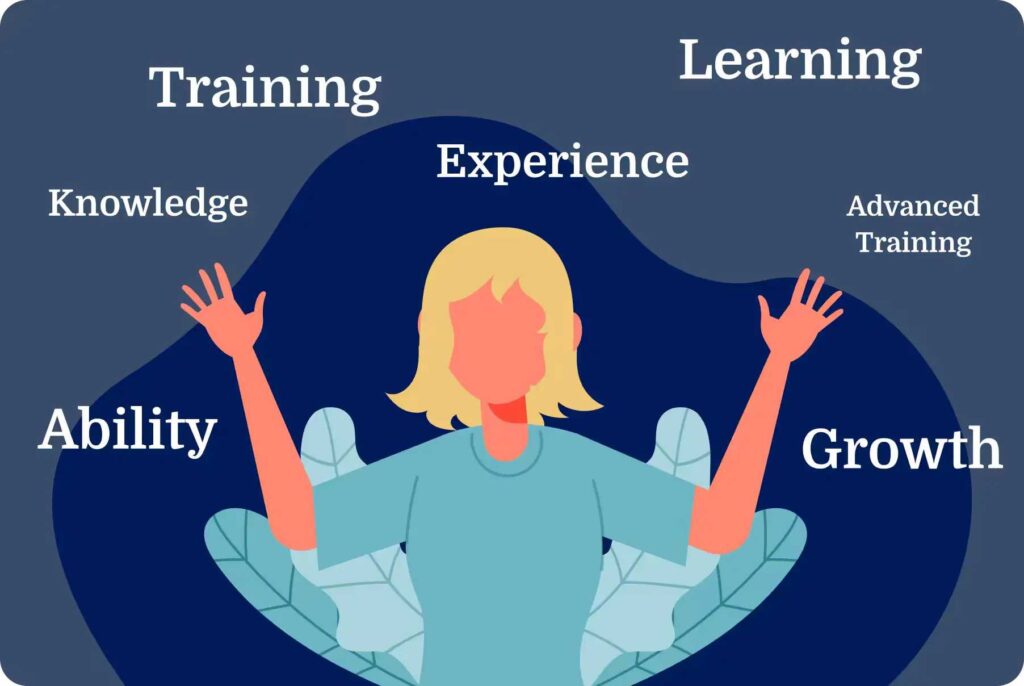The collaboration between a camera operator and a nature explorer results in stunning nature documentaries that educate and inspire viewers by capturing the beauty and complexity of wildlife and ecosystems.
Introduction:
In the captivating world of nature documentaries, the collaboration between a camera operator and a nature explorer is vital. The camera operator’s expertise in capturing stunning visuals combined with the explorer’s deep knowledge of wildlife creates breathtaking footage that educates and inspires viewers. This article delves into the roles, challenges, and techniques involved in filming nature explorers, highlighting the seamless blend of art and science that brings the wonders of nature to our screens.
The Role of the Camera Operator:
Capturing the Essence of Nature:
A camera operator’s primary role is to capture the essence of nature, transforming ordinary moments into extraordinary visual experiences. This requires a keen eye for detail, technical proficiency, and the ability to adapt to unpredictable environments. The operator must be proficient with various camera equipment and understand how to use different lenses, angles, and lighting to enhance the subject’s beauty.
Technical Expertise and Equipment:

To film a nature explorer, the camera operator utilizes high-definition cameras, stabilizers, drones, and other specialized equipment. Mastery over these tools ensures that every shot is steady, clear, and visually compelling. Operators must also be adept at adjusting settings on the fly, dealing with issues such as changing light conditions or sudden movements of wildlife.
The Role of the Nature Explorer:
Deep Knowledge of Wildlife:
A nature explorer brings a wealth of knowledge about wildlife and ecosystems. Their expertise allows them to navigate diverse terrains, identify species, and understand animal behavior. This knowledge is crucial for anticipating movements and capturing rare moments that might otherwise go unnoticed.
Interaction with Wildlife:
Nature explorers often interact closely with wildlife, gaining the trust of animals and ensuring minimal disturbance to their natural behavior. This interaction provides the camera operator with unique opportunities to film intimate and authentic moments, showcasing the true beauty and complexity of nature.
Also read: Can Insurance Companies Get Traffic Camera Footage – Tips for Drivers!
The Collaborative Process:
Planning and Preparation:
Effective collaboration between the camera operator and nature explorer begins with meticulous planning. This involves researching the location, understanding the wildlife in the area, and planning the shots to be captured. Both parties must communicate effectively to ensure that their goals align and that they are prepared for any challenges that may arise.
On-location Challenges:
Filming in nature presents numerous challenges, including harsh weather conditions, difficult terrains, and unpredictable wildlife behavior. Camera operators and nature explorers must work together to overcome these obstacles, ensuring the safety of the crew and the quality of the footage.
Techniques for Capturing Stunning Footage:
Patience and Persistence:
One of the key techniques in filming nature explorers is patience. Wildlife does not perform on command, so camera operators and explorers must often wait for hours or even days to capture the perfect shot. Persistence and dedication are essential qualities in this line of work.
Innovative Filming Methods:
Innovative filming methods, such as time-lapse photography, slow-motion captures, and drone footage, add a dynamic element to nature documentaries. These techniques allow the audience to experience the world from different perspectives, enhancing the storytelling and visual appeal of the documentary.
The Impact of Nature Documentaries:
Raising Awareness:
Nature documentaries play a crucial role in raising awareness about environmental issues and the importance of conservation. By showcasing the beauty and fragility of our natural world, these films inspire viewers to take action and protect the planet.
Educational Value:

These documentaries serve as valuable educational tools, providing insights into wildlife behavior, ecosystems, and the impact of human activities on the environment. Schools and educational institutions often use nature documentaries to teach students about biology, ecology, and conservation.
Inspiring Future Explorers:
Watching nature explorers in action can inspire future generations to pursue careers in wildlife biology, conservation, and filmmaking. The passion and dedication displayed by explorers and camera operators can ignite a similar desire in young viewers to explore and protect the natural world.
FAQ’s:
1. What is the primary role of a camera operator in nature documentaries?
The primary role of a camera operator is to capture the essence of nature through stunning visuals, using technical proficiency and various filming techniques.
2. How does a nature explorer contribute to the filming process?
A nature explorer brings deep knowledge of wildlife and ecosystems, interacts closely with animals, and helps the camera operator capture authentic and intimate moments.
3. What are some challenges faced during on-location filming?
Challenges include harsh weather conditions, difficult terrains, and unpredictable wildlife behavior, requiring effective collaboration between the camera operator and the explorer.
4. What innovative filming methods are used in nature documentaries?
Techniques like time-lapse photography, slow-motion captures, and drone footage are used to add dynamic elements and different perspectives to the documentaries.
5. How do nature documentaries impact viewers?
Nature documentaries raise awareness about environmental issues, serve as educational tools, and inspire future generations to pursue careers in wildlife biology, conservation, and filmmaking.
6. What is the importance of planning and preparation in nature documentary filming?
Planning and preparation involve researching locations, understanding wildlife behavior, and aligning goals between the camera operator and the nature explorer to ensure successful filming.
7. How do nature documentaries benefit educational institutions?
They provide valuable insights into biology, ecology, and conservation, making them effective educational tools for teaching students about the natural world.
8. What qualities are essential for a camera operator and nature explorer?
Patience, persistence, technical expertise, and a deep passion for wildlife and nature are essential qualities for both camera operators and nature explorers to succeed in their roles.
Conclusion:
The synergy between a camera operator and a nature explorer is the cornerstone of compelling nature documentaries. Their combined skills and passion for the natural world create visual masterpieces that educate, inspire, and entertain. Through their work, we gain a deeper appreciation for the beauty and complexity of our planet, motivating us to become better stewards of the environment.
Related Post:




















Leave a Reply